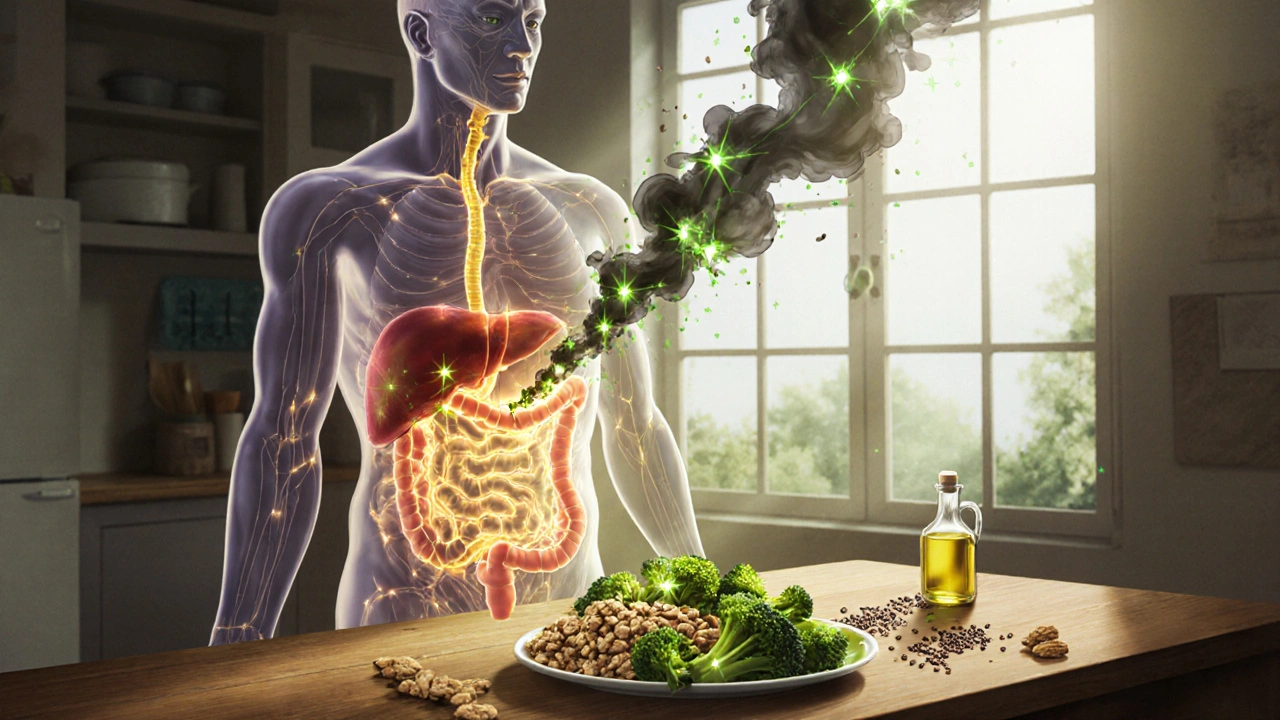Weight Loss for NAFLD: How Losing Pounds Helps Your Liver
When you have nonalcoholic fatty liver disease, a condition where excess fat builds up in the liver not caused by alcohol. It's one of the most common liver problems today, linked directly to being overweight, insulin resistance, and poor metabolic health. The good news? You don’t need a miracle drug or extreme diet. Losing just 5% of your body weight can shrink liver fat. Lose 7-10%, and you may actually reverse early scarring. This isn’t theory—it’s what real studies with real people show.
Liver health, how well your liver filters toxins, makes proteins, and stores energy improves fast when fat leaves the organ. Fat in the liver isn’t just sitting there—it’s active, spewing out inflammatory signals that damage cells. Weight loss cuts that inflammation. It also helps your body use insulin better, which means less fat gets stored in the liver in the first place. You don’t need to run marathons. Walking 30 minutes a day, cutting sugary drinks, and eating more vegetables make a measurable difference.
Fat loss, the reduction of excess body fat, especially visceral fat around organs is the key driver here. Not just any weight loss—losing fat, not muscle. That’s why protein-rich meals and strength training matter. Crash diets often backfire, making your liver work harder. Slow, steady loss works best. People who drop 1-2 pounds a week see the biggest improvements in liver enzymes and imaging. And it’s not just about the scale. Even if the number doesn’t move much, waist size shrinking means your liver is healing.
Many people with NAFLD also struggle with high cholesterol, prediabetes, or high blood pressure. Losing weight helps all of it at once. It’s not magic—it’s physics and biology. Less fat in the belly means less fat dumped into the liver. Better blood sugar control means less fat-making activity in the liver cells. And when you feel better moving, sleeping, and thinking, sticking with it gets easier.
You’ll find posts here that dig into how medications like GLP-1 agonists (think Ozempic, Wegovy) help with weight loss and liver fat. Others cover how diet choices—like avoiding fructose or eating more fiber—directly affect liver inflammation. There’s even info on how some blood pressure meds might help or hurt your liver. What ties them all together? The same truth: if you reduce fat in your body, you reduce fat in your liver. No shortcuts. No pills that replace effort. Just clear, science-backed steps that work when you stick with them.
Nonalcoholic Fatty Liver Disease and Gut Health: How Diet and Weight Loss Can Reverse It
Discover how diet and weight loss can reverse nonalcoholic fatty liver disease by healing the gut-liver connection. Learn what foods to eat, how much weight to lose, and why probiotics help - backed by science.

